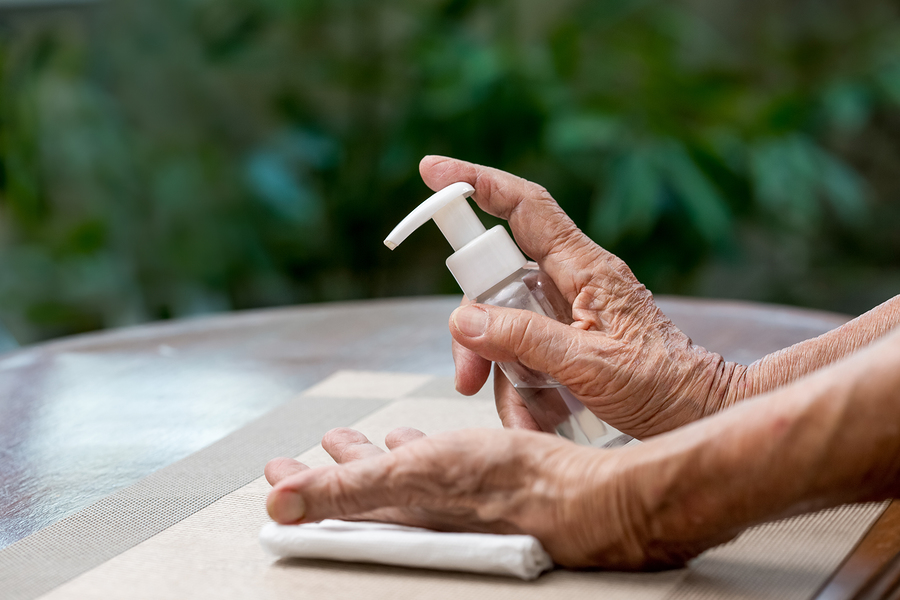We’ve heard a lot about older people being the ones at risk from this virus, so let’s look at some facts.
Older people aren’t more likely to get it or spread it. The problem is that older immune systems can be more vulnerable.
While health is a bigger issue than age — our risk doesn’t skyrocket the day we turn 65, or some other number — older people tend to have more health problems.
People with, for example, heart disease, respiratory disease, diabetes or cancer are at greater risk.
Smoking is a risk factor for respiratory disease, so smokers are susceptible too.
At this stage, world stats suggest that if we get the virus and we’re over 80 we have a 14.8% chance of dying, if we’re between 70 and 79 years it’s 8%, between 60-69 years it’s 3.6% and between 50-59 years it’s 1.3%.
Having said all that, let me reiterate that the real issue is health. We shouldn’t forget that many older people are in excellent health, while plenty of young people have immune deficiencies and chronic health conditions.
More men than women have died from coronavirus. The most recent figures on the percentage of deaths per cases is 2.8% for men and 1.7% for women.
Why more men? A key factor seems to be smoking.
According to a CNN analysis, one of the reasons that a country such as South Korea has had relatively few deaths in comparison with say, Italy, is that the outbreak in South Korea has largely impacted youngish women. In that country around 50% of men smoke, compared with less than 5% of women.
In Italy it’s been the old and very old who’ve been affected, and a lot have been men and smokers.
In Australia to date, the most recorded cases have been among those in their 30s (followed by people in their 40s, 50s and 20s), though the people who have died have been aged from late 60s to mid 90s.
Bear in mind that no one actually has a clue how many cases there are or have been. Testing’s been nowhere near sufficient for us to know that.
While we need to play it safe with coronavirus, consider that while we hear daily about the surging numbers of cases and deaths, equally, current data shows that more than 95% of people (and 85% of people over 80) recover.
UK health researcher Zoe Harcombe also makes an important point. She notes that each year the flu claims approximately 400,000 lives across the world, the majority of which — as with coronavirus — are linked to older, more vulnerable people.
In Australia, flu accounts for 3500 deaths annually. Yet we’re relatively blasé about it. As Zoe says, no one stockpiles toilet paper over the prospect of flu season.
Of course, coronavirus is about twice as contagious and possibly 10 times as deadly (though as I’ve noted we don’t know how many cases there have really been).
But it’s a reminder that practices such as handwashing, coughing into our elbow and not touching our faces shouldn’t be limited to 2020.
I worked on the AIDS epidemic of the 1980s, preparing communications material and running a state-wide safe sex campaign. They were scary days too.
In that state, homosexuality was illegal, homophobia was rampant and there was a view that AIDS was about gay people being punished for their deviance.
Thankfully, times have changed, but we need to be careful that while AIDS gave rise to homophobia, coronavirus doesn’t promote ageism.
We have to guard against an attitude that it’s only a problem for ‘old’ people, or worse, that older people are expendable.
The bottom line: people with compromised immunity are at greater risk of this virus, and the best place for them right now is at home. But they may or may not be of a certain age.
Note: statistics are sourced from the Worldometers site which provides real-time stats on a range of subjects, including coronavirus.
Photo Source: Bigstock

